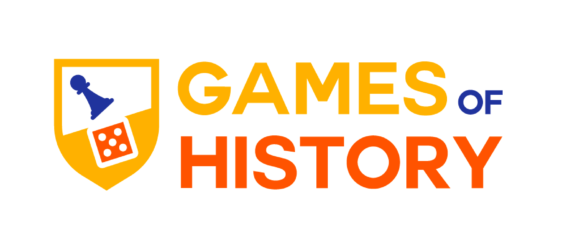For thousands of years, games have been one of the most popular forms of entertainment —and for some periods the most popular. Manuscripts, paintings and miniatures, engravings and mosaics, as well as many other witnesses place games and gaming at the core of everyday private and public entertainment. An equal number of witnesses demonstrate how in various periods games played a social role other than recreation, as for example in settling arguments, educating children and adults, or preparing them to deal with activities like war or business. We will study several of these cases, to examine how the study of games may help us better understand the historical entities (civilizations, cultures, societies, social groups and sometimes individuals) who played them.
The video above is a clarification of what my university course is about and what my students should not expect by attending it. I am uploading it here, because I believe it will also help you to avoid misunderstandings when watching the videos.
The project Games of History focuses on how a historian could use games as sources and starting points to study the societies that designed, produced and played the games, in cultural, social, political, religious, and economic terms. It is of equal importance to make clear what this course is not: it is not a course on game history. Our main aim will not be to study the history of specific games but to discuss how we might use games and their history as looking glasses, through which we can better understand the past.
